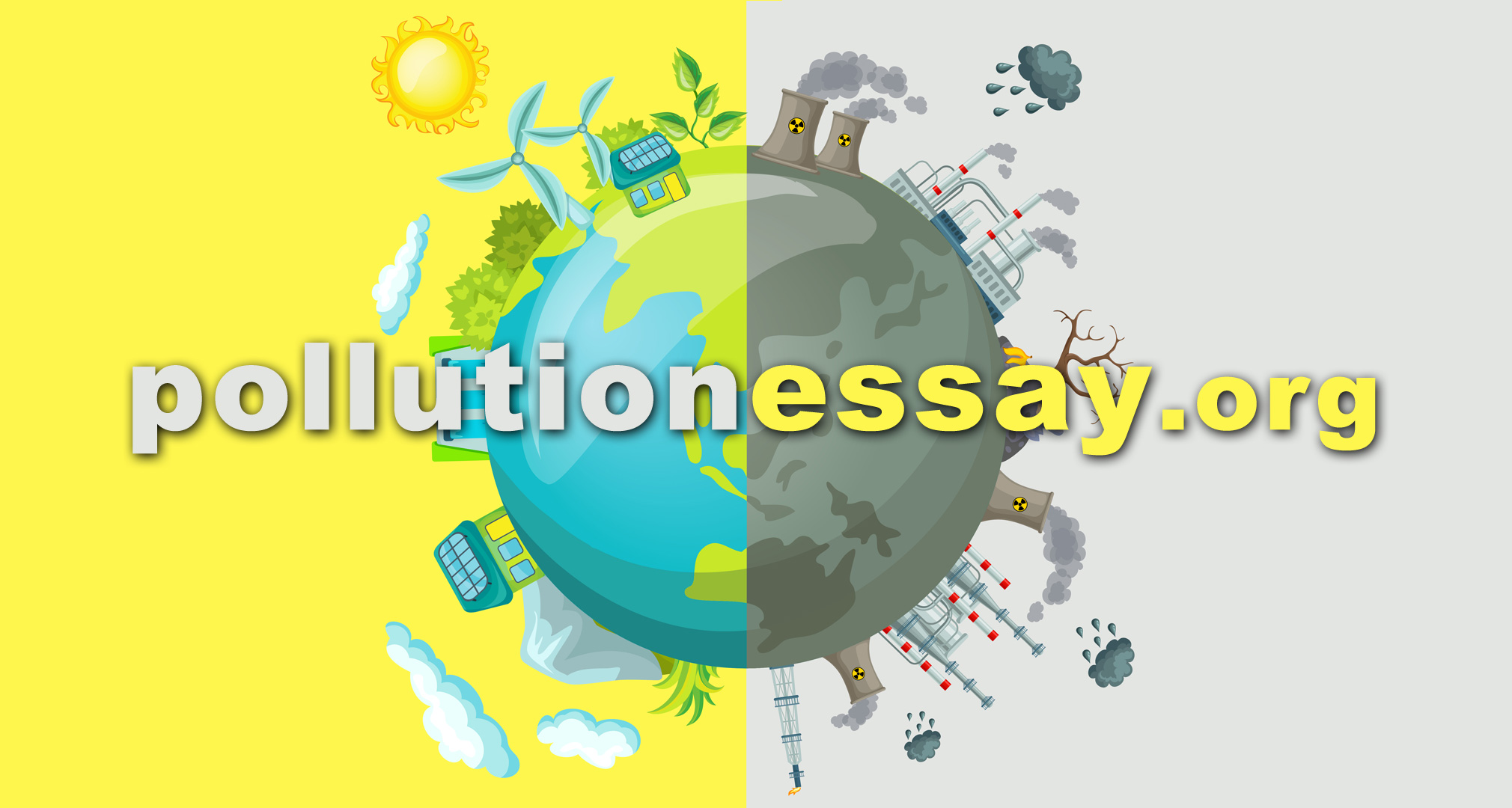Land Pollution
Land pollution is anything that damages, contaminates, or deteriorates the land we live on. Factors contributing to land pollution include trash and overfilled landfills, urbanization, deforestation, and mining. Some sources of pollution can lead to others; for instance, deforestation can be the first step in a new construction project, which will create more debris that could pollute the environment. Once the construction is finished, new tenants may move in, bringing more trash and potentially littering.
People have made progress toward a cleaner environment over the past century. Up until the mid-20th century, trash was often disposed of at open dumps, creating piles of waste that would attract rats and mosquitoes and spread foul odors and diseases. Now, we contain our trash in landfills, which has improved sanitation, although this isn't a perfect solution: Landfills can release contaminants into the soil, and the biodegrading waste creates methane gas that worsens global warming.
Effects of Land Pollution
Land pollution can lead to air pollution and water pollution, since the land touches every essential area of the living world.
- Burning solid waste that has accumulated on land leads to increased air pollution.
- Solid waste can end up in the water to create polluted waterways.
- Trash can also contaminate the soil around it. Polluted soil creates less fertile land, so farming becomes more difficult.
- Deforestation and urbanization lead to the endangerment and extinction of wildlife.
- Wildlife can be forced to flee when habitats are destroyed. This can lead to wildlife appearing in places that are unsafe, causing problems for both humans and animals.
- Plants that grow in an area that's been poisoned by chemicals can pass on these chemicals to grazing animals, contaminating the entire food chain, or they may die off with no hope for new plants to bloom.
- Humans who eat animals or plants that have been contaminated by chemicals can also find themselves getting sick.
How Long Does Trash Take to Decompose?
Many objects in our daily lives take years to break down and may not fully decompose at all during our lifetime. This is why reducing the amount of waste we create, reusing materials, and recycling what we can no longer reuse is important for helping our environment.
- Plastic bags take 10 to 20 years to fully decompose.
- Plastic bottles can take around 450 years to decompose.
- Other plastic waste can take up to 1,000 years to decompose in landfills.
- Disposable diapers take about 550 years to fully decompose in landfills.
- Aluminum cans take 80 to 200 years to completely decompose.
- Glass is very easy to recycle, as melting down broken glass can easily produce new glass. However, if glass is thrown into landfills, it can take millions of years to decompose and may not fully decompose at all.
- Paper waste is the most prevalent substance in American landfills. It takes two to six weeks to decompose in landfills, but recycling paper items can save landfill space.
- Monofilament fishing lines take around 600 years to fully decompose.
- Cardboard can take around two months to decompose.
- Styrofoam isn't biodegradable at all and will sit in landfills forever.
- Tinfoil isn't biodegradable; like Styrofoam, it will sit in landfills forever and never decompose.
How Can I Help?
The best way to prevent land pollution is to reduce, reuse, and recycle! It's the simplest thing you can do: Avoid creating waste out of materials that can still serve a purpose. You can also plant a tree if you have the yard space to do so. With so many trees being felled each year, every new tree can replace the ones we lose and can do a lot to help the environment.
